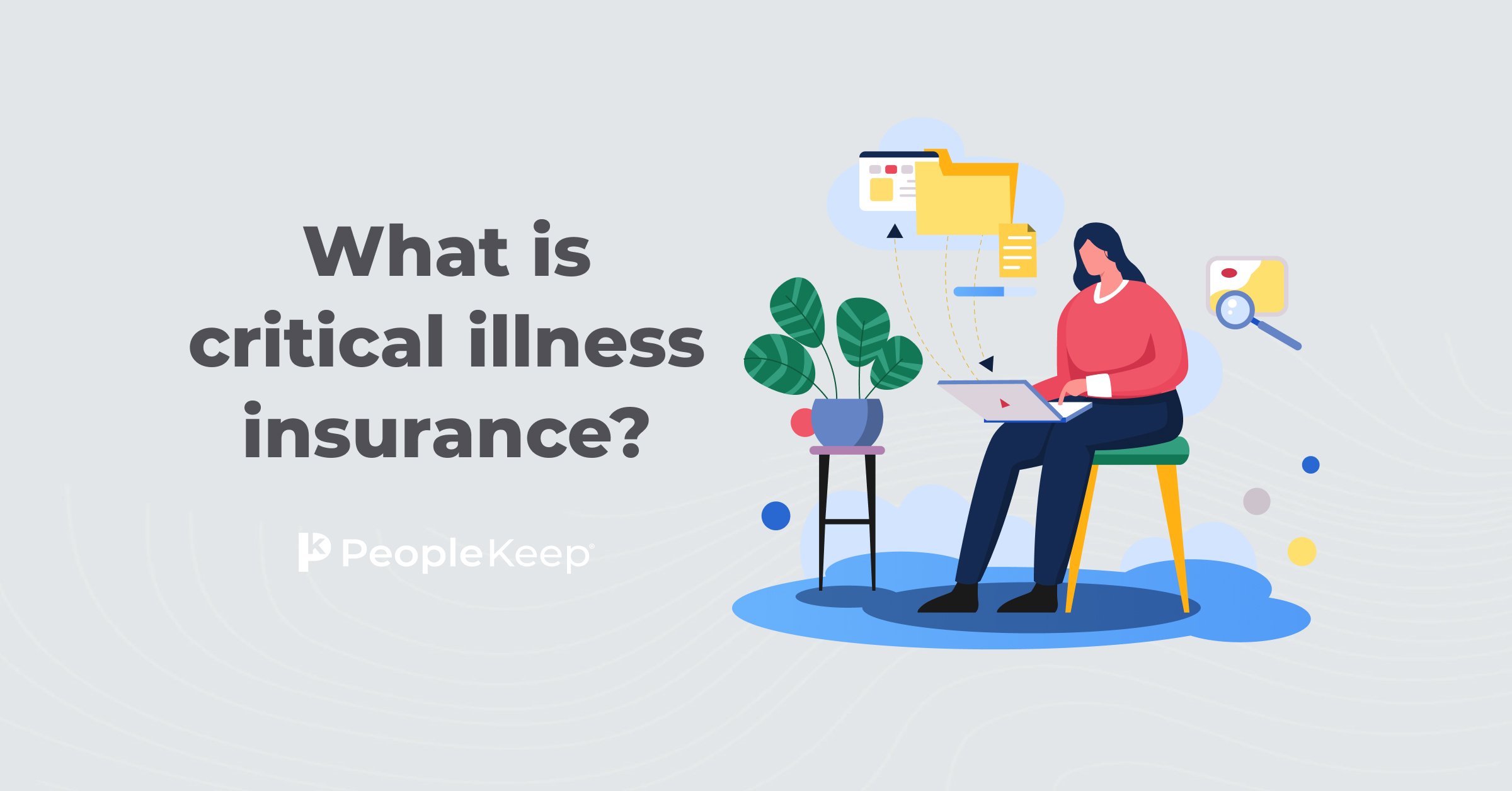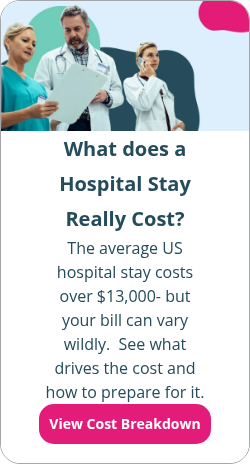What is accident insurance?
By Holly Bengfort on May 29, 2024 at 10:38 AM
Accidents can happen at any time, and they often come with unexpected financial burdens. Have you ever considered what would happen if you were injured in an accident and unable to work? This is where accident insurance comes in.
In this article, we'll explain how accident insurance coverage works and why it's helpful for anyone looking to protect themselves and their family from the financial consequences of an unexpected accident.
Takeaways from this blog post:
- Accident insurance provides financial protection in the event of an accident, offering lump-sum payments for covered injuries.
- Accident insurance covers injuries such as broken bones, sprains, concussions, and severe burns, as well as extra costs like hospital admission and physical therapy.
- Accident insurance differs from traditional health insurance in that it specifically covers injuries caused by accidents rather than illnesses or medical conditions.
How does accident insurance work?
Accident insurance is a type of supplemental insurance. It's an insurance policy that provides financial protection in the event of an accident. With this type of insurance, the policyholder receives a lump-sum payment if they're injured in an accident that results in a covered injury or disability. The benefit can help cover out-of-pocket expenses for medical care, lost income, and other additional costs associated with the accident. Policyholders can use their cash payouts as they see fit.
What does accident insurance cover?
Accident insurance plans cover qualifying injuries.
These accident-related injuries can include:
- Broken bones
- Loss of limbs
- Sprains
- Fractures
- Concussions
- Severe burns
- Lacerations
- Paralysis
Accident insurance also covers extra costs related to unexpected injuries, such as hospital admission, emergency room care, physical therapy or rehabilitation, ambulance services, and medical exams and diagnostic testing.
In the event of accidental death, the insurance pays out money to the designated beneficiary. Unlike health insurance, which pays the provider or facility, accident insurance provides direct benefit payments to the policyholder.
There are different types of accident insurance policies available, ranging from basic coverage for accidents at work or home to more comprehensive coverage that includes accidents while traveling or participating in extreme sports. Policyholders can choose the level of coverage that best fits their needs and budget.
What doesn't accident insurance cover?
Accident insurance policies don't cover illnesses, pre-existing conditions, or self-inflicted injuries. Some accident benefits may also contain exclusions for injuries related to natural disasters, risky activities, or work-related circumstances. This is why accident insurance doesn’t replace a health insurance policy.
How much does accident insurance cost?
Insurance premiums can vary depending on the provider, but monthly payments typically start around $15. Individuals can purchase these plans directly from an insurance company or enroll in a group plan their employer offers.
What are the benefits of having accident insurance?
Accident policies can provide peace of mind, knowing that financial protection is available in the event of an accidental injury. It can help alleviate the financial burden that comes with medical bills, lost income, and other expenses that may arise after an unexpected accident.
How does accident insurance differ from traditional health insurance coverage?
A typical medical plan protects the policyholder if they get sick or injured. Accident coverage is different from health insurance coverage since it specifically covers injuries caused by accidents rather than illnesses or other medical conditions. While a health insurance policy can cover medical bills following an accident, coverage stops there. Accident insurance allows you to use funds for other unexpected costs following an accident, like getting a ride to work if you can’t drive or helping pay for everyday expenses if you can’t work. It provides extra financial protection in addition to other insurance policies a person may have.
What are your other coverage options for unexpected health costs?
If you're not sold on supplemental accident insurance, you may want to consider critical illness insurance as an alternative for additional coverage.
Critical illness insurance is similar to accident insurance since it provides policyholders with lump-sum cash payments if they're diagnosed with a covered illness. This differs from traditional health insurance, which usually covers only a portion of medical costs.
Common eligible conditions typically include:
- Heart attacks
- Strokes
- Some types of cancers
- Renal failure (kidney failure)
- Major organ transplants
Some critical illness policies also provide coverage for severe burns or paralysis, similar to accident insurance plans. You can also look at disability insurance, which offers income replacement if you're unable to work due to a disability. Hospital indemnity insurance is another form of supplemental medical coverage that provides cash benefits for expenses incurred during a hospital stay.
If you're looking for a comprehensive health benefit that can help you cover the cost of an unexpected accident or illness, here are some to consider:
- Health reimbursement arrangements (HRAs): If your employer offers you an HRA, you can take advantage of it by submitting your medical expenses for reimbursement. With an HRA, you can receive tax-free reimbursements for qualifying medical expenses, including monthly premiums for individual health insurance policies and other out-of-pocket costs.
- Health savings accounts (HSAs): An HSA is a savings account specifically designed for high deductible health plans (HDHPs) that allows you to save money for future healthcare expenses. HSA funds accrue over time and are portable, so you can take it with you if you change jobs. This allows you to save up for future medical emergencies.
- Flexible spending accounts (FSAs): An FSA is an employer-sponsored arrangement. Like an HRA and HSA, you can use an FSA to cover out-of-pocket medical expenses. You don’t pay taxes on contributions to your FSA, but unused funds typically don't roll over to the next year.
Conclusion
Accidents can happen out of nowhere, leading to unexpected expenses and financial difficulties. Accident policies can help in such situations by providing policyholders with lump-sum payments for their medical bills, lost income, and other out-of-pocket costs.
If you're concerned about the financial impact of an accidental injury, consider looking into an accident plan to help protect yourself and your loved ones. It can be a valuable addition to your insurance portfolio and provide an extra layer of security in case the unexpected happens.
Check out more resources
See these related articles

What is an annual out-of-pocket maximum?
Learn what an annual out-of-pocket maximum is, how it limits your healthcare costs, and what expenses count toward this insurance cap.

What is critical illness insurance?
Critical illness insurance provides financial protection in the event of a major illness or medical condition. Find out what it covers and how it can benefit you.

The least and most expensive states for individual health insurance
Discover the least and most expensive states for individual health insurance. Compare health insurance rates by state to plan smarter for coverage costs.



